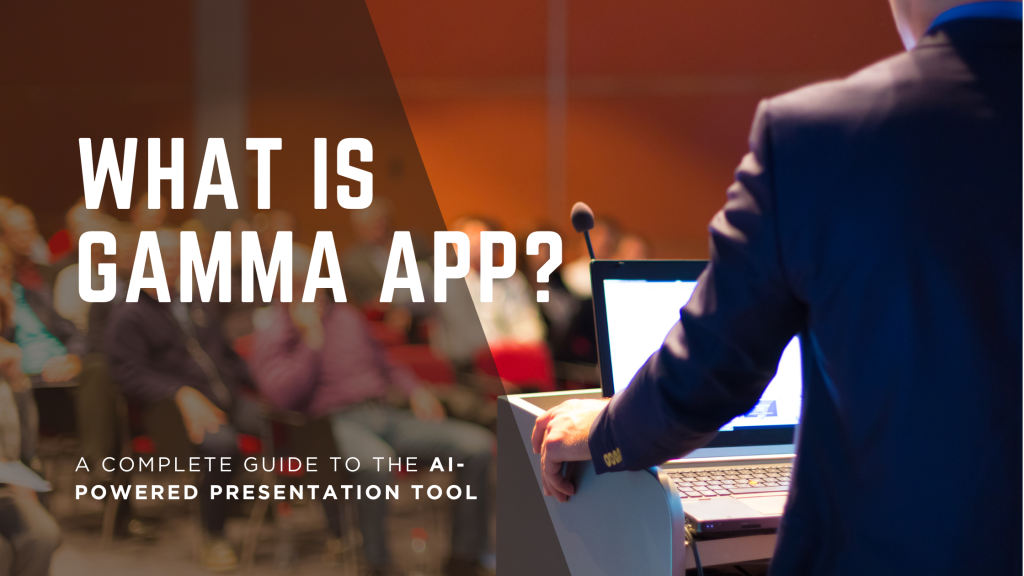The rise of AI-driven search engines like ChatGPT, Perplexity, and Gemini has transformed the SEO landscape. Traditional keyword-focused strategies no longer suffice in a world where conversational queries, natural language processing (NLP), and AI-generated overviews dominate search behavior.
This guide will uncover actionable strategies to optimize your content for AI search platforms and help your business thrive in this new search ecosystem.
Understanding AI Search Optimization
What Is AI Search Optimization?
AI Search Optimization is the process of adapting your SEO strategies to align with AI-powered search engines, which prioritize user intent, conversational queries, and contextual understanding. Unlike traditional search engines, these platforms go beyond simple keyword matching, leveraging AI technologies like:
- Contextual Understanding: AI analyzes how content fits within the user’s search intent.
- Semantic Relevance: Content is evaluated based on meaning, not just specific keywords.
- Personalized Search Results: AI dynamically tailors answers to individual users.
With AI-driven search now dominating a significant share of online traffic, optimizing for these systems is critical for maintaining visibility, relevance, and authority in search results.
Key Strategies for AI Search Optimization
1. Structure Content for AI Overviews
AI search engines like ChatGPT and Perplexity prioritize scannable, well-structured content to generate precise summaries for users. To optimize your content for AI-generated overviews:
- Use the Inverted Pyramid Model: Start each section with the most critical information and follow with supporting details.
- Include Lists, Tables, and Visuals: Structured elements like bulleted lists, data tables, and infographics make your content easier for AI systems to process.
- Keep Content Fresh: AI platforms prioritize up-to-date information. Regularly review and update your content to maintain its relevance.
Example: Writing about “AI in Marketing”? Begin with a summary of key trends (e.g., predictive analytics, personalization), then dive into deeper explanations and actionable examples.
2. Optimize for Conversational Queries
AI platforms excel at handling natural language queries. Optimizing for these conversational search patterns ensures that your content aligns with AI’s ability to understand and respond to user intent.
How to Optimize:
- Target Long-Tail Keywords: Include question-based phrases like, “How does AI improve SEO?” or “What is AI Search Optimization?”
- Incorporate Q&A Formats: Use headings or FAQ sections to address common questions directly.
- Write Conversationally: Craft your content as if speaking to the user directly, making it approachable and engaging.
Pro Tip: Use tools like AnswerThePublic to identify trending questions related to your topic and tailor your content accordingly.
3. Leverage Data and Visuals
AI platforms reward content enriched with visual aids and data-backed insights. This not only improves user engagement but also helps secure prominent placements in AI-driven results.
- Create Infographics and Videos: Visual elements like charts, videos, or flowcharts improve scannability and shareability.
- Embed Reliable Data: Cite credible studies or statistics to reinforce your claims and build authority.
- Use Alt Text for Visuals: Optimize images and videos with descriptive alt text that includes keywords and semantic variations.
Example: An infographic on “AI Search Trends in 2025,” backed by industry data, can significantly increase your content’s credibility and appeal.
4. Embrace Technical SEO for AI
Technical SEO forms the backbone of AI search optimization by ensuring your website is accessible and easy for AI systems to analyze.
Key Steps for Technical SEO Success:
- Add Schema Markup: Use structured data types like
FAQPageorHowToto make your content easier for AI systems to understand. - Optimize for Mobile Devices: AI platforms prioritize mobile-friendly websites with fast load times.
- Boost Page Speed: Compress images, enable caching, and reduce server response times to ensure a seamless user experience.
Pro Tip: Tools like Google PageSpeed Insights can help identify performance bottlenecks and guide improvements.
5. Build Authoritative, Comprehensive Content
AI platforms prioritize in-depth, authoritative content that thoroughly addresses user queries. To establish your site as a trusted resource:
- Focus on E-E-A-T: Expertise, Experience, Authoritativeness, and Trustworthiness are essential for ranking well on AI-driven platforms.
- Create Long-Form Content: Write detailed, well-researched articles (1,500+ words) that cover topics comprehensively.
- Earn Quality Backlinks: Build credibility by obtaining backlinks from high-authority sites within your niche.
Example: A detailed guide on “AI SEO Strategies,” with sections on tools, techniques, and trends, will outperform shorter, generic articles.
Tools to Enhance AI Search Optimization
Leveraging the right tools is critical for refining your AI SEO strategy. Some essential tools include:
- Content Creation Tools: Platforms like Jasper AI and Copy.ai can help streamline content ideation and optimization.
- Analytics Tools: Use Google Search Console, Ahrefs, and SEMrush to track performance metrics and identify opportunities.
- Trend Prediction Tools: AI platforms can analyze content gaps and predict emerging topics for your niche.
Measuring Success in AI Search Optimization
To assess the effectiveness of your AI-focused SEO efforts, track these key metrics:
- AI-Driven Traffic: Monitor the traffic originating from AI-powered platforms like ChatGPT and Perplexity.
- Featured Snippets: Check if your content appears in AI-generated summaries or overviews.
- Engagement Metrics: Measure click-through rates (CTR), bounce rates, and conversions to gauge user interest and relevance.
The Future of AI Search Optimization
AI search engines are evolving rapidly, and staying ahead requires adaptability and innovation. Here’s how to future-proof your strategy:
- Experiment with Formats: Test different layouts, such as tables, lists, and interactive visuals, to discover what resonates with AI systems.
- Conduct Regular Content Audits: Review your content quarterly to ensure it remains accurate and up-to-date.
- Stay Informed About AI Trends: Monitor AI advancements and adjust your approach accordingly to maintain visibility and relevance.
FAQs About AI Search Optimization
What is AI Search Optimization?
AI Search Optimization is the process of optimizing your website and content for AI-powered search engines like ChatGPT, Perplexity, and Gemini. It involves aligning with user intent, natural language, and AI-driven algorithms.
How does AI impact SEO strategies?
AI transforms SEO by prioritizing conversational queries, user intent, and context over traditional keyword matching. It rewards well-structured, user-centric content.
What are the best tools for AI Search Optimization?
Top tools include Jasper AI for content creation, Ahrefs for performance tracking, and Google Search Console for analyzing traffic from AI-driven platforms.
Conclusion: Thrive in the AI-Driven SEO Era
The era of AI-driven search is here, and businesses that adapt will thrive. By focusing on conversational content, technical SEO, and authoritative resources, you can dominate AI-powered search engines like ChatGPT, Perplexity, and Gemini.
Ready to lead the charge? Start optimizing your content today to secure your place in the AI-driven future of SEO!



